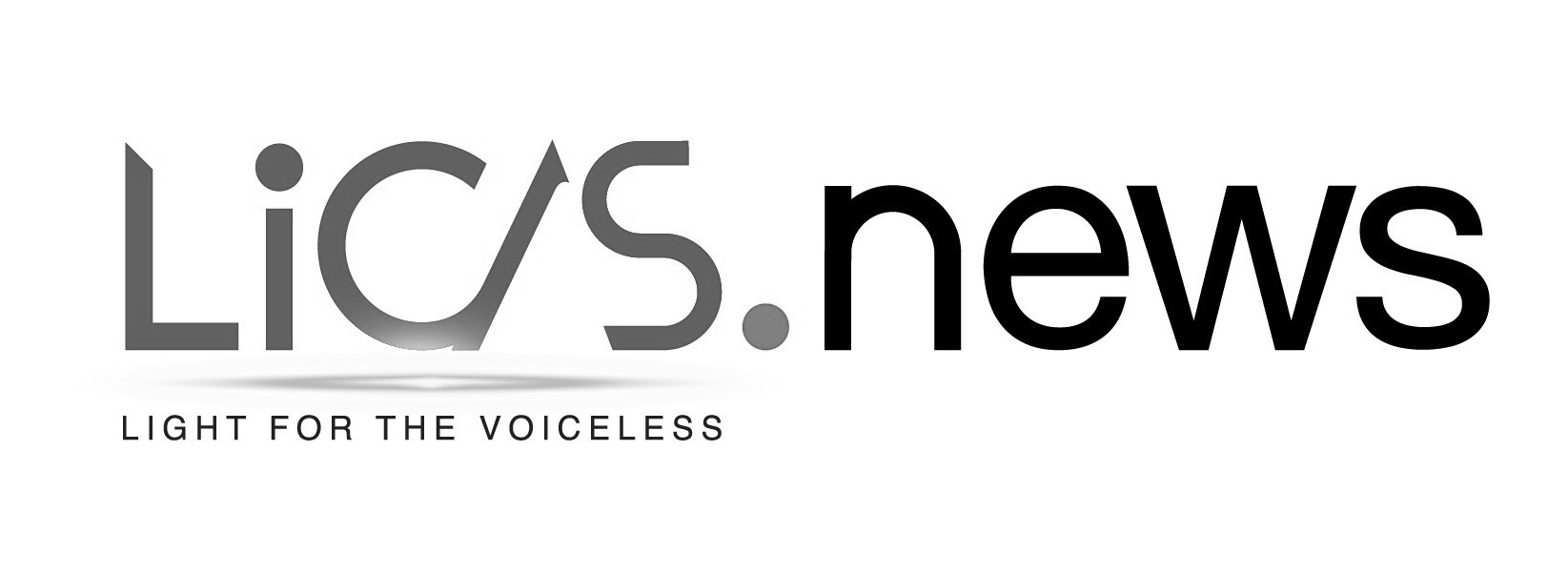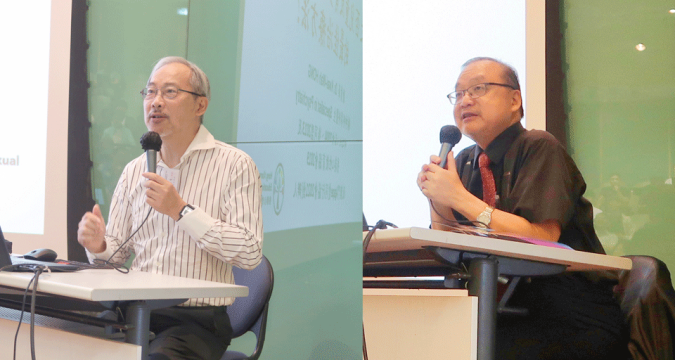Religious leaders, academics, and medical professionals gathered at a symposium on gender ideology hosted by the Bioethics Resource Centre and the Holy Spirit Seminary College of Theology and Philosophy.
Held at the Catholic Diocese Centre early this month, the event brought together more than 80 attendees from mainland China, Taiwan, Macau, and Hong Kong to explore the intersection of gender theory and Catholic teachings.
In his opening remarks, Auxiliary Bishop Joseph Ha Chi-shing addressed the conflicts between contemporary gender theory and Catholic doctrine, according to a report by Sunday Examiner.
He highlighted the differences and complementarity between men and women, while expressing concern over the impact of gender-neutral terms on traditional family structures, particularly in countries like France.
While upholding Church teachings, Bishop Ha acknowledged the struggles faced by individuals experiencing gender dysphoria, emphasizing the need for compassion alongside doctrine.
During the symposium, a mother shared her experience through an audio message about her daughter, who exhibited signs of gender dysphoria and autism from the age of three.
With the guidance of the Hong Kong Psychosexual Education Association, she discovered that quality time and heartfelt companionship helped her daughter better appreciate feminine qualities.
Deacon Thomas Lam Chiu-wan reflected on the growing acceptance of LGBTQ+ identities and the challenges they present to traditional Christian views on marriage and family.
He questioned how healthy family structures could be formed for transgender individuals, emphasizing the need for a stronger Christian ethical framework to address these changes.
Deacon Lam reiterated the importance of natural marriage and the complementarity of men and women as essential components for a healthy society.
Dr. Hong Kwai-wah, a psychiatrist and founder of the Hong Kong Psychosexual Education Association, discussed the risks associated with medical interventions for transgender individuals, particularly children.
He detailed the stages of gender-affirming care, from affirmation and support to puberty blockers and potential gender reassignment surgery.
Dr. Hong warned against reducing gender solely to subjective feelings, noting the potential harm of overlooking biological differences.
Professor Kwan Kai-man of Hong Kong Baptist University addressed the broader societal implications of transgender identity, citing a legal case in Hong Kong where a transgender individual gained official recognition without undergoing surgery.
Kwan cautioned that reducing gender to self-identification could lead to confusion and harm, referencing a UK case involving a transgender inmate as an example.
Despite his concerns, he called for a Christian perspective on transgenderism, emphasizing the need for compassion and the affirmation of human dignity.
Dr. Charon Cheang Teng-fong, chairperson of the Association of Catholic Health Service Personnel of Macau, discussed the challenges in treating gender dysphoria in Macau, including limited resources and a lack of specialized medical professionals.
Meanwhile, a representative from China spoke on the experiences of LGBTQ+ Christians, highlighting the discrimination and lack of acceptance they face within religious communities.
The symposium concluded with a call for ongoing dialogue and greater support for transgender individuals, as Dr. Andrew Yeh Wei-chiang from Taiwan shared research showing a rise in transgender individuals seeking help due to increased societal acceptance.







